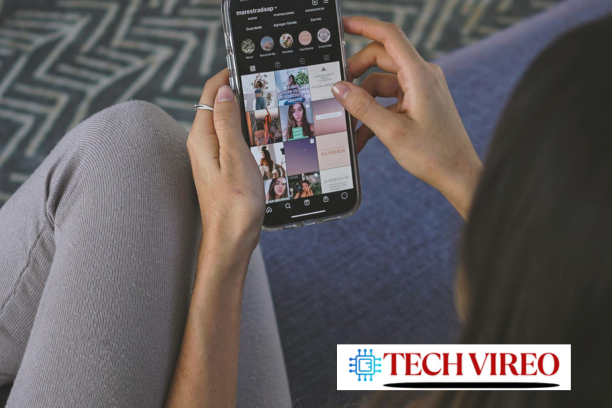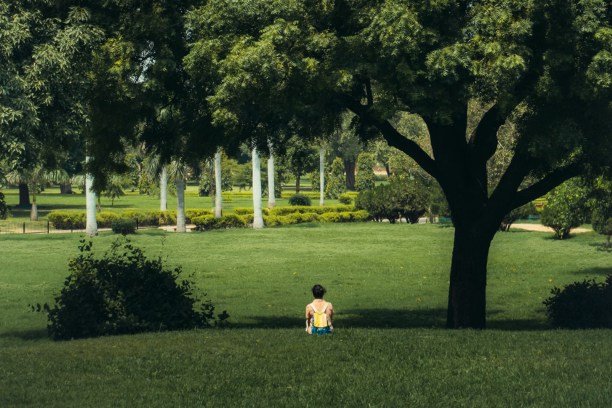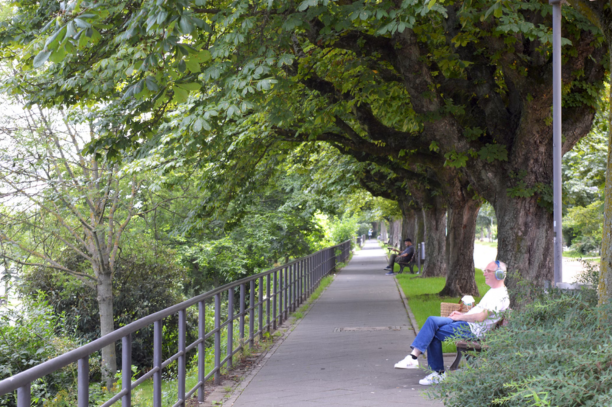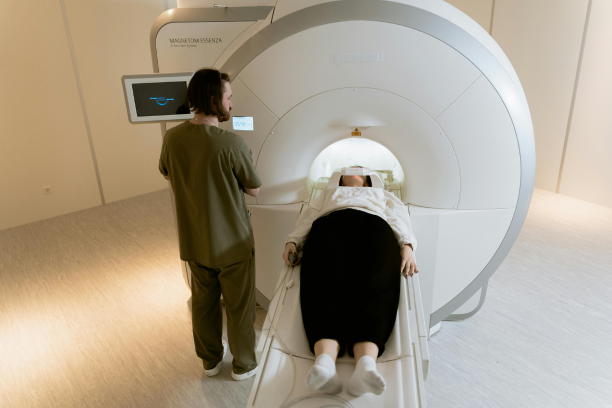Anxiety in the Age of Overstimulation | Why Digital Detox Is the 2025 Cure
In 2025, anxiety is no longer just a mental health buzzword it’s a daily battle for millions in the USA, UK, and Canada. As our devices become smarter and screens become ever-present, overstimulation is spiking faster than our brains can adapt. The result? A surge in anxiety from overstimulation, burnout, and sleep disruption that feels inescapable.
But there’s a natural solution that’s gaining global traction: digital detox for anxiety in 2025. Not just a wellness trend, it’s a legitimate lifestyle shift and one of the most effective non-medicated strategies for calming the mind and reclaiming mental clarity.
How Overstimulation Hijacks the Modern Brain
From non-stop notifications to endless social feeds, our brains are bombarded with stimuli. Every buzz, ping, and swipe floods our system with dopamine creating a cycle of craving and crash. This overexposure to tech leads to:
- Heightened stress and anxiety
- Reduced attention span
- Poor sleep quality
- Emotional fatigue
In North America and the UK, studies show a sharp increase in screen-induced anxiety, particularly among Gen Z and millennials. This isn’t about blaming technology; it’s about reclaiming balance in a world of digital noise.
The Vicious Cycle | Tech Use and Panic Spikes
When your nervous system is in constant “alert mode,” even minor stressors can trigger full-blown panic. Blue light before bed, scrolling during meals, and work emails after hours all feed into a loop of cortisol spikes and unrest. The link between screens and anxiety attacks is not good for mental health.
In the UK alone, digital stress contributes to over 32% of workplace burnout cases. In the USA and Canada, anxiety-related prescriptions are rising year over year, with many
Digital Privacy | the Silent Anxiety Trigger
We often overlook how digital surveillance contributes to mental fatigue. Moreover, constant location tracking, app permissions, and algorithmic targeting make users feel perpetually watched. As a result, governments are tightening laws:
- UK: Online Safety Act
- USA: California Consumer Privacy Act (CCPA)
- Canada: Digital Charter Implementation Act
But the psychological effects of being tracked 24/7 are rarely discussed. Invisible anxiety a deep-rooted discomfort emerges when you no longer feel in control of your digital presence.
Why Digital Detox Is the Natural Cure for Anxiety in 2025
Digital detox isn’t about ditching tech forever; rather, it’s about creating intentional space for your brain to rest and reset. In fact, studies now show that reducing screen time, even by 30%, leads to:
- Lowered anxiety and depression scores
- Improved focus and memory
- Better sleep quality
- Increased emotional regulation
Unlike medication, digital detox for anxiety is cost-free, side-effect-free, and adaptable to any lifestyle. It’s fast becoming the go-to solution in the USA, UK, and Canada.
Beginner-Friendly Digital Detox Plan (No Tech Shock Required)
You don’t have to unit cold turkey. Here are 5 anxiety-friendly detox steps:
- Tech curfews: No screens 90 mins before bed
- Airplane mode breaks: Use it for 1-2 hours daily
- No-screen zones: Bedrooms and bathrooms
- Mindful mornings: No phone first hour after waking
- Substitute habits: Walk, journal, or read instead of scroll

Anxiety-Proof Routines for Overstimulated Minds
Building new habits is easier with structure. Here’s an anxiety-proof daily routine and Make your daily routines to reduce digital stress:
- Morning: Light stretch, 5-min breathwork, tech-free breakfast
- Midday: 15-min walk, eat without distractions
- Evening: Digital sunset, read or listen to soft music
If you’re neurodivergent (ADHD, autism), include:
- Color-coded schedules
- Visual timers for tech breaks
- Calming scents or weighted blankets
Top Privacy-First Apps for Detoxing Without Anxiety
If quitting cold turkey feels impossible, try non-tracking detox tools that are safe and calming:
- One Sec – Adds intentional delay to app openings
- Freedom – Blocks websites across devices
- Minimalist Phone – Android launcher that hides addictive apps
These apps respect your privacy (no hidden trackers) and are available across the UK, USA, and Canada.
Real-Life Detox Stories from UK, USA, and Canada
- Toronto: Maria, 27, cut screen time by 50%, reduced panic attacks by 80% in 3 months
- London: James, 34, used tech-free mornings to restore work-life balance
- Austin, TX: Chloe, 21, replaced TikTok with journaling and improved sleep
These success stories show that small, intentional steps can spark powerful change.

Your Legal Right to Disconnect in 2025
Across the USA, UK, and Canada, new laws empower citizens to digitally disconnect. Also, know your digital rights in 2025:
- UK’s “Right to Disconnect” clause allows employees to ignore work messages after hours
- California’s CCPA gives consumers power over data tracking
- Canada’s new Bill C-27 enhances control over personal info
Protecting your mental peace is your legal right.
Earn from Digital Detox: Monetizing Calm
Turn your journey into income:
- Create a paid digital detox planner
- Promote affiliate products: blue light glasses, privacy-first apps
- Offer a weekly email challenge for anxiety recovery
You help others heal, while building a profitable brand.
Final Thoughts
In 2025, calm is a conscious choice. A digital detox for anxiety isn’t about quitting devices—it’s about setting boundaries that protect your peace. Start your digital detox journey now Whether you’re in Vancouver, New York, or Manchester, this movement is for you.
Take your first step today: turn off your notifications and breathe.




